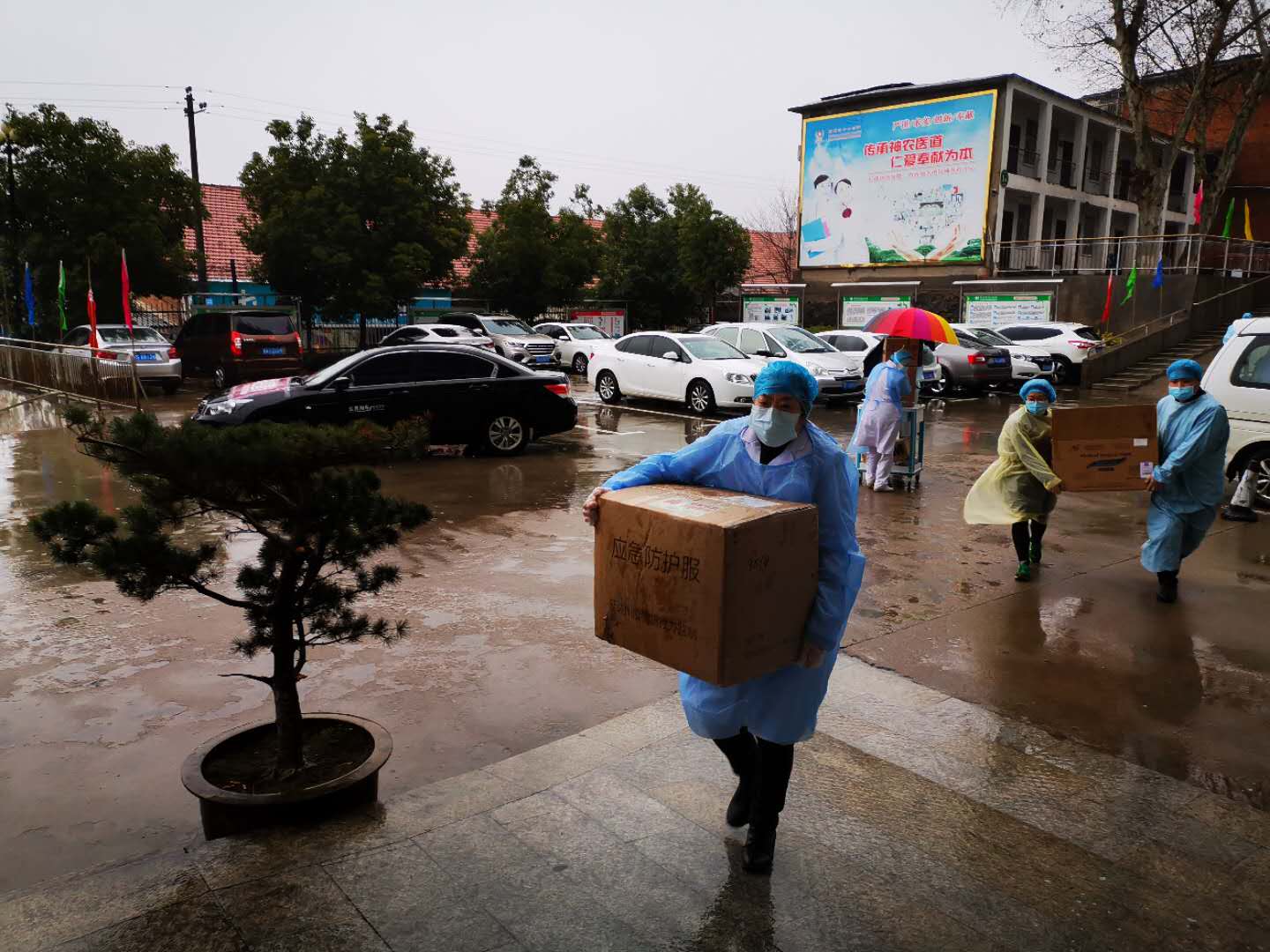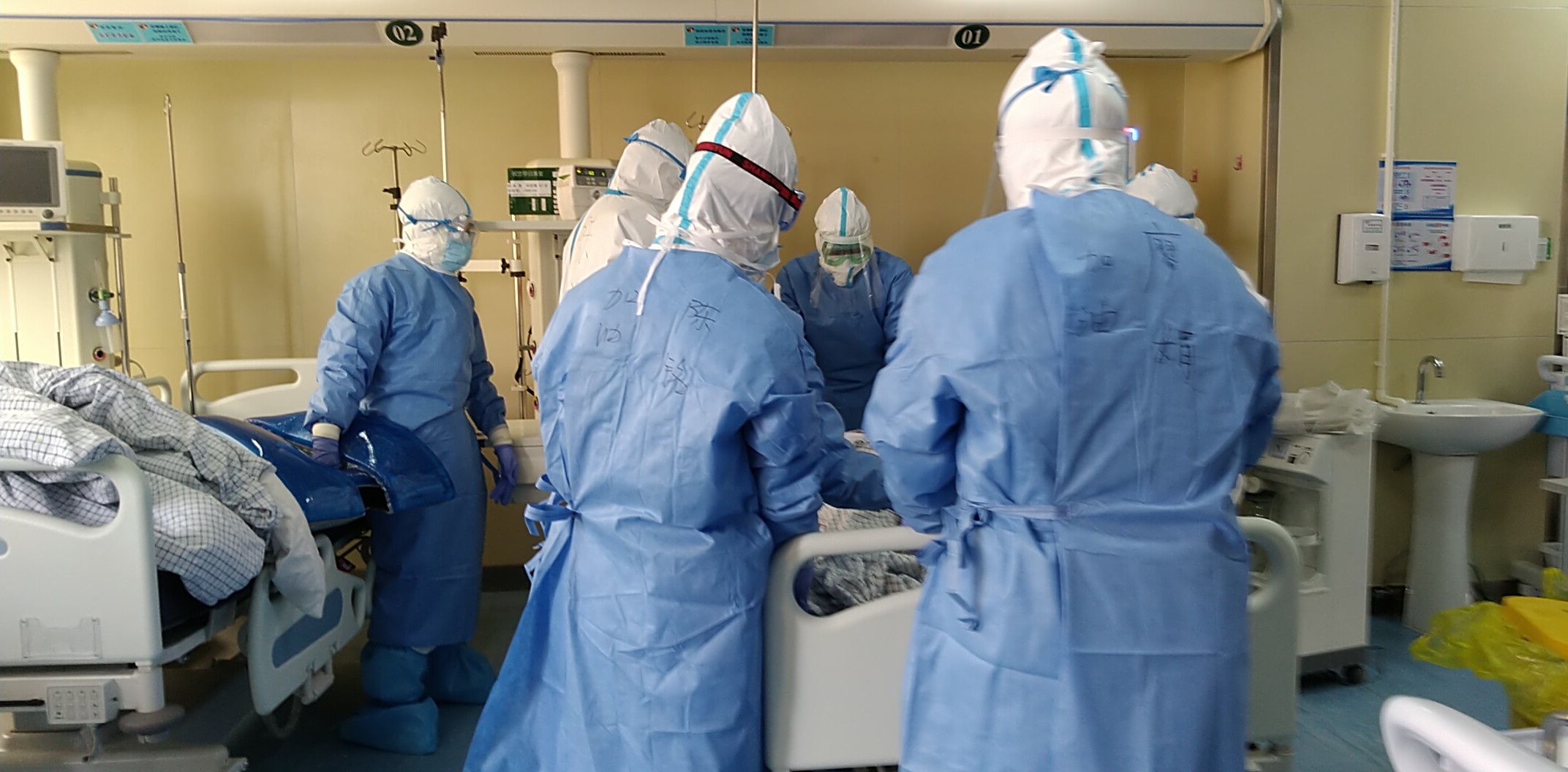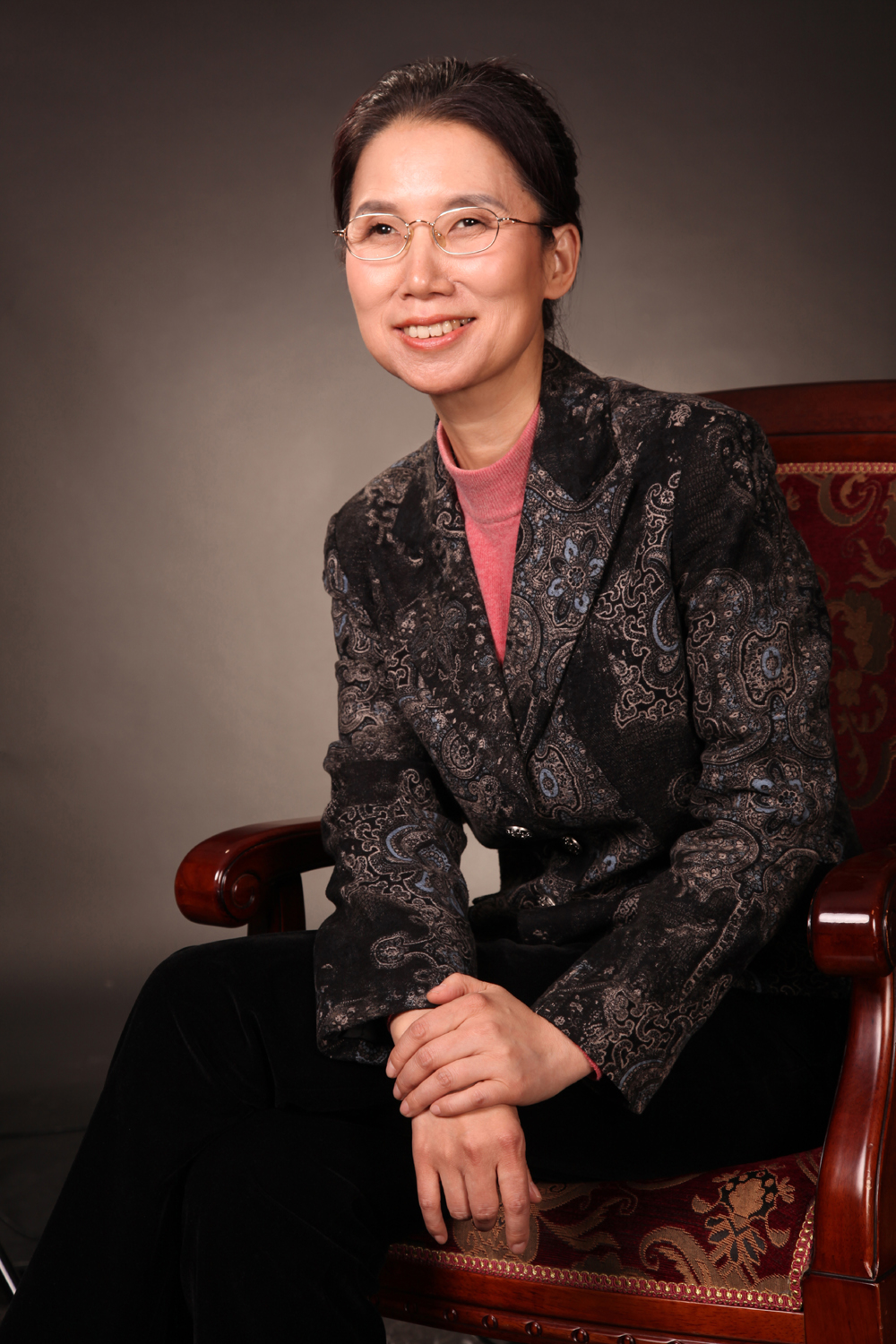
From:


As the novel coronavirus spreads all around the globe, health management of cities across the world are under huge strain. Metropolises are of major concern due to their vast and mobile populations. Yet small cites face particular challenges as they are more vulnerable and less capable of autonomously handling the epidemic.
One example in China is a city named Suizhou. With a population of 2.2 million, the city ranks the sixth in terms of the number of confirmed coronavirus cases in Hubei Province.
“I really want to share some good news but I can’t. There have been 641 confirmed cases to date, ranking the fourth in terms of the number of confirmed coronavirus cases in China. Wuhan, Xiaogan and Huanggang which rank first, second and third are other cities with a population of five to ten million. However, Suizhou only has a population of 2.2 million. So the infection rate in Suizhou is the second highest after Wuhan now.”
These were the figures that Yangjia received on February 4th. She is the head of the liaison working group of Jiusan Society, one of China's eight major non-Communist political parties, which take part in the running of state affairs. She is also the only visually impaired member of the Chinese People's Political Consultative Conference or the CPPCC, China’s top political advisory body.
The numbers came from her colleague named Tanying, whose mother worked at the Suizhou Central Hospital, the only major hospital in the city.
Photo of a medical worker at the Suizhou Central Hospital in Suizhou, Hubei Province. [Photo courtesy of Suizhou Central Hospital]
Yangjia never expected the situation in Suizhou to be that bad. At that time, despite some reports from the local media, there was very little coverage on Suizhou.
This year’s February 4th is the start of spring on the Chinese lunar calendar. But the epidemic casted a dark shadow over Suizhou this spring.
While the number of confirmed cases kept rising in the city, protective facilities and medical supplies of many hospitals were not only in shortage, but had reached "zero." Doctors and nurses fighting at the frontline against the epidemic in Suizhou were at huge risk of getting infected, including Tanying’s mother.
After receiving the message, Yangjia decided to help spread the SOS message for Suizhou people. On the same day she received the message, Yangjia wrote a memo calling for medical teams, supplies, and policy support for Suizhou.
She sent the memo to the CPPCC national committee through a high-speed information sharing channel, one of the approaches through which CPPCC members submit their proposals and public suggestions.
After the CPPCC national committee received the memo, it immediately sent the message to the General Office of the Communist Party of China Central Committee, the central party leadership.
Yangjia also shared the information with her friends in the media as well as the Jiusan Society’s department for proposals and suggestions.
“I just want to reach out to people as quickly as we can, no matter which channel will reach out first,” said Yangjia. 
Staffs carry medical supplies sent to the Suizhou Central Hospital. [Photo courtesy of Suizhou Central Hospital]
Luckily, the tide turned.
On late February 5th, the day after Yangjia sent out the SOS memo for Suizhou, 31 experts from various critical disease departments were dispatched from Wuhan to the Suizhou Central Hospital. For the next following days, more medical teams and supplies from Jiangxi Province were sent to Suizhou to help the city battle the epidemic.
People in Suizhou including Tanying were overjoyed to see that their city was no longer an “overlooked spot”.
The battle against the novel coronavirus is still going on in Suizhou. But things are looking much better than a month ago. 
Medical workers attend to a patient at the Suizhou Central Hospital in Suizhou, Hubei Province. [Photo courtesy of Suizhou Central Hospital]
“Thanks to this CPPCC mechanism for (of) the fast track information for CPPCC member, we are able to get the information through,” said Yangjia.
The fast track is one of many channels for more than 2000 CPPCC members like Yangjia to report important social issues and public concerns to decision-makers, thus help with the deliberation and administration of state affairs, one of the most important functions of the CPPCC.
Besides public concerns, CPPCC members are also encouraged to submit suggestions and proposals regarding pubic policies and national economic issues. 
Photo of Yangjia, a member of the Chinese People's Political Consultative Conference or the CPPCC, China’s top political advisory body. [Photo courtesy of Yangjia]
Yangjia says with the popularization of internet and mobile phones, it has become much easier for CPPCC members to share information and submit proposals.
On March 15th, Suizhou started to resume work and production in batches while maintaining its strict measures to control the epidemic. Tanying told Yangjia that she is glad to see her city is gradually back to normal and flowers are also blooming there.
Photo shows flowers in full bloom in Suizhou, Hubei Province. [Photo provided to China Plus]
Yangjia says all humans share the same fate in the face of a public crisis and she believes as long as people are united, we can solve these problems efficiently and promptly together. The spring will inevitably come, even after a harsh winter.
